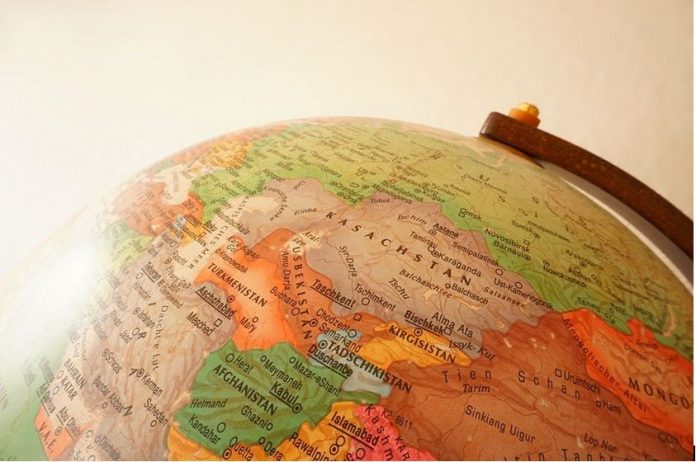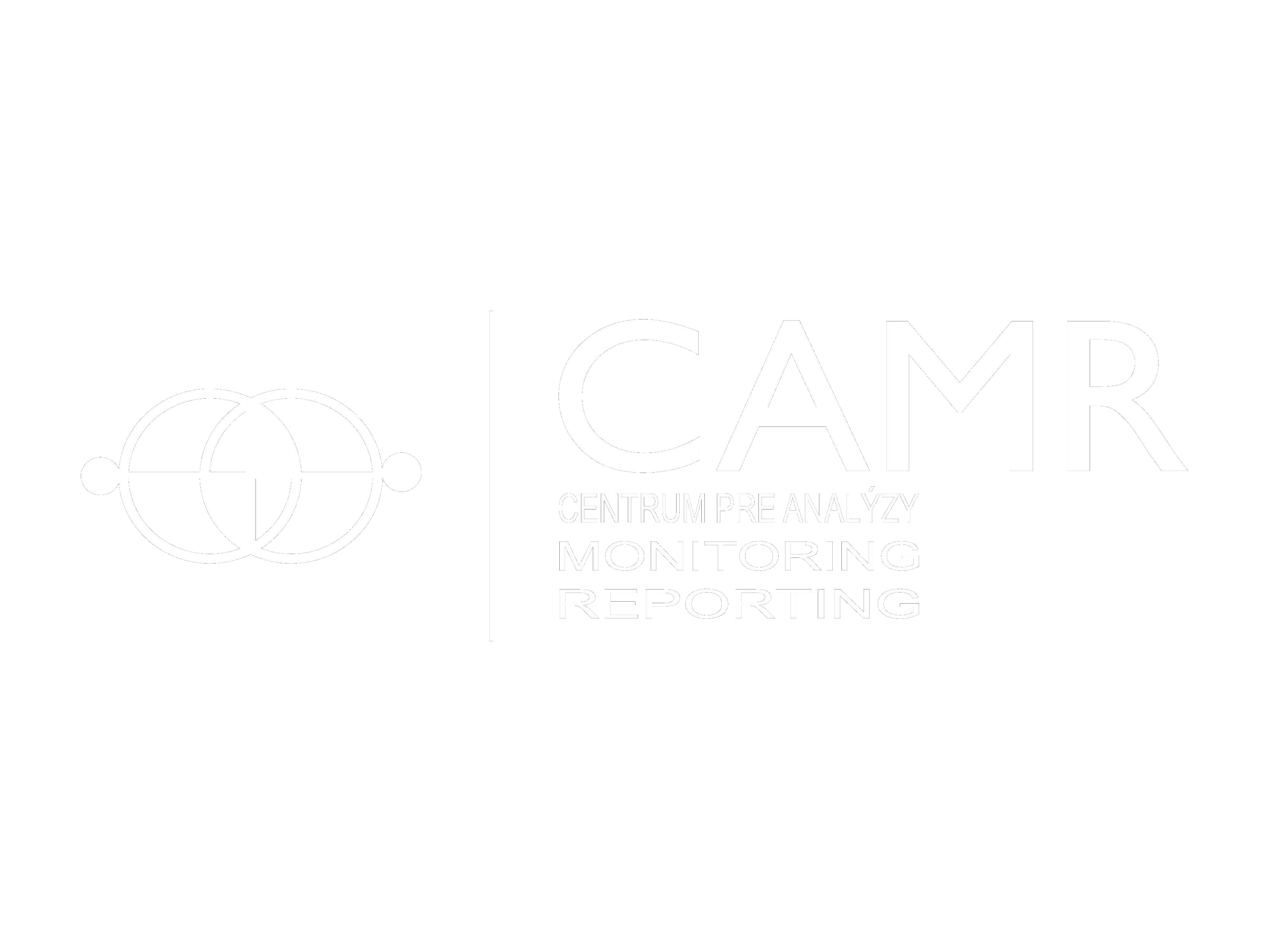Events of August 2021 in Afghanistan created another chapter of global history. Withdrawal of the NATO forces after 20 years followed by the fall of the Afghan government, resulting in the Taliban’s win. All of this is going to be a part of the curriculum in history classes around the globe in the future. However, what awaits Afghanistan under their new rule is yet to be seen. The same goes for the whole of Central Asia, where there are some tendencies and possible scenarios for the region. All of them are hypothetical, uncertain, the same as the future of Afghanistan.
Uncertain approaches with uncertain results
For most of the last 20 years, the countries of Central Asia were more or less counting on the United States and their allies with the restraining of Taliban, minding their own issues. At the beginning of the invasion and a few years after the fall of the Taliban, Uzbekistan and Kyrgyzstan were directly involved in conflict through their agreements with the allies. The United States with its allies had established temporary bases there. Base in Uzbekistan has closed already in 2005, Kyrgyzstan cancelled their cooperation in 2014 (Stepansky, 2021). Turkmenistan, famous for its neutrality and isolationism, remained neutral through the years of Taliban rule, continuing this policy for another 20 years after their fall. Tajikistan, bonded to Afghanistan with a huge Tajik minority, was always the Taliban’s political opponent. But now, when the Taliban is in power, they have to adapt to the new reality.
Countries of Central Asia were already taking some political, diplomatic and military steps, even before Kabul fell and the Afghan government ran away. Uzbekistan for example established diplomatic ties with the Taliban a few years ago. With a smaller shared border, the assurance by the Taliban that they won’t invade the country, Uzbekistan could come to terms with them and make a deal. According to Reuters, citing state news agency UzA, on 27th August 2021, President Shavkat Mirziyoyev said: „We are in contact with the Taliban every day. I am ready for any dialogue in order to ensure there is no fire in the direction of Uzbekistan“ (Reuters, 2021). Kyrgyzstan does not share a common border with Afghanistan, keeping its distance and the pressure of the situation on lower levels. Kyrgyz expert Chinara Esengul says that the Taliban itself is not a threat to the region, but a radical ideology they spread is. Fighting radicalism should be the main concern of Central Asian countries (Imamova, 2021). This is definitely a concern for all the countries in the region when some of them are already making a huge effort to counter the radicalisation of the younger generation.
Tajikistan, which is probably going to play a crucial role in the future of the region in this issue, is not opposed to the government including Taliban representatives. However, it must be an inclusive Afghan government, especially including ethnic Tajiks. This message was expressed by Tajik President Emomali Rahmon in his meeting with the Pakistani Foreign Minister. Tajiks are believed to be the biggest ethnic minority, around 25% of the whole population (Putz, 2021). Tajikistan supported the Northern Alliance, the group opposing the Taliban during their rule. Some Asian media, especially Indian, reported a recreation of this former partnership. This information was denied by Tajik side (Надиров, 2021). There are some signs about the recreation of the Northern Alliance, but there is a lack of official representatives and proclamations.
Turkmenistan had a consulate in Afghanistan during the Taliban rule (Helf, Pahzwak, 2021). This fact makes them no strangers to mutual diplomatic cooperation. According to Paul Gobble from The Jamestown Foundation, Turkmenistan has moved some of its military to the border with Afghanistan and launched pre-emptive propaganda to counter radical ideology, coming from the Taliban (Goble, 2021). The biggest problem here is the quite long border, mostly desert, which Turkmenistan is unable to control and protect with its outdated military capabilities. Goble is later citing Daniil Kislov, the editor-in-chief of the Fergana News Agency: “the border between Afghanistan and Turkmenistan is now the weak link in the entire Central Asian direction from the point of view of a terrorist threat” (Goble, 2021). Considering the length and capabilities of Turkmenistan, it is hard to argue.
Regional and global powers
The United States, the Russian Federation and the People’s Republic of China are all hugely involved in the region. In the case of the United States, it can be said: “they were hugely involved”. Now, when they justify Afghanistan, their presence in the region was minimised. Moreover, there is a small chance and willingness to get more involved in the region. In the end, withdrawal from Afghanistan was also partly a result of tiredness of war and dealing with issues thousands of kilometres from US borders. Also, the United States is now focusing on the region of Eastern Asia, mainly China. In order to oppose rising China in the region, the US has to concentrate a lot of manpower, money, diplomacy and political effort. The region of Central Asia is not going to be a hot topic within the US administration, until something significant changes, such as the rise of ISIS or Al-Qaeda.
Russia holds the military influence in the region through the Collective Security Treaty Organization (CSTO), where only Turkmenistan does not play any role. Uzbekistan was a member twice but also justify twice. The US leaving the region can be seen as a possibility for Russia to tighten their military grip on the region. For example, Russia’s 201st Division will remain in Tajikistan until at least 2042 according to the latest agreement. The same goes for Kyrgyzstan, where they have a base until at least 2027. CSTO already held some exercises to stretch their muscles in front of the Taliban at the border with Afghanistan this summer (Pannier, 2021). On the other hand, Russia was clearly open about their relationship with the Taliban, when they refused to evacuate their embassy in Kabul. However, they changed their opinion and evacuated their staff. Russia is probably going to try to push on Uzbekistan and maybe also Turkmenistan to join the CSTO, but the bigger military presence is probably going to be met with the refusal stance of local governments, maybe also within the Russian government itself. Everything depends on the behaviour of the Taliban government and their actions towards the Central Asian neighbours.
Lastly, China expressed their willingness to cooperate with the Taliban to a certain level. China has an economic influence over the region, but they are also conducting numerous military exercises within the Shanghai Cooperation Organization (SCO), of which most of the Central Asian countries, Russia and Uzbekistan are members too. Again, Turkmenistan remains outside of this organization (Prannier, 2021). As Bruce Prannier says in his article, it is unlikely that China will change their behaviour to a more aggressive policy towards the region. They have their own problems with the Muslim Uyghur minority, which is persecuted by Beijing. If they tried to interfere more aggressively in the region, it could spark another wave of resistance or unrest in the whole, mostly Muslim region, and turn it against China. This is something Beijing can’t allow to happen, because of the huge amount of natural resources they are getting from the region through their business. Most likely, they will try to find shared interests with the Taliban in the future. There are numerous articles and commentaries about what China will do, but we have to wait and see what policy they will choose.
To sum it up, as was already said in the beginning, the future is uncertain. Everything depends on the behaviour of the Taliban towards the region. What is certain is that the Central Asian countries have to adapt to the Taliban’s rule, and they are already doing it from various points of view. Will there be another invasion of Afghanistan similar to 2001? Definitely not in the near future. The world’s attention is shifting towards the region of Eastern Asia, and until the Taliban will apply isolationism, the world will forget about them.
Author: Richard Straka
Sources:
Photo Source: https://pixabay.com/sk/photos/uzbekistan-zemegule-kazachstan-5270099/
Stepansky, J. (2021). US military presence in Central Asia unlikely amid Taliban rise. AlJazeera. 23. 08. 2021 (https://www.aljazeera.com/news/2021/8/23/us-military-presence-in-central-asia-unlikely-amid-taliban-rise).
Reuters. Reuters. Uzbek leader says in daily contact with Taliban to ensure security. (2021). Reuters. 27. 08. 2021 (https://www.reuters.com/world/uzbek-leader-says-daily-contact-with-taliban-ensure-security-2021-08-27/).
Надиров, Б. (2021). МИД: Новость о переброске оружия и боеприпасов из Таджикистана в Панджшер безосновательна. Asia-plus. 23. 08. 2021 (https://asiaplustj.info/ru/news/tajikistan/politics/20210823/mid-novost-o-perebroske-oruzhiya-i-boepripasov-iz-tadzhikistana-v-pandzhsher-bezosnovatelna).
Putz, C. (2021). Tajikistan Won’t Recognize a Taliban-Only Afghan Government. TheDiplomat. 25. 08. 2021 (https://thediplomat.com/2021/08/tajikistan-wont-recognize-a-taliban-only-afghan-government/).
Goble, P. (2021). Taliban Victory Unsettles Geopolitics in Central Asia. TheJamestownFundation. 17. 08. 2021 (https://jamestown.org/program/taliban-victory-unsettles-geopolitics-in-central-asia/).
Helf, G., Pazhwak, B. (2021). Central Asia Prepares for Taliban Takeover. The United States Institute of Peace. 20. 07. 2021 (https://www.usip.org/publications/2021/07/central-asia-prepares-taliban-takeover).
Pannier, B. (2021).How Much Will Afghanistan Change Central Asia’s Relations With Russia, China, And The United States? REFRL. 24. 08. 2021 (https://www.rferl.org/a/central-asia-afghanistan-neighbors/31426320.html).



















